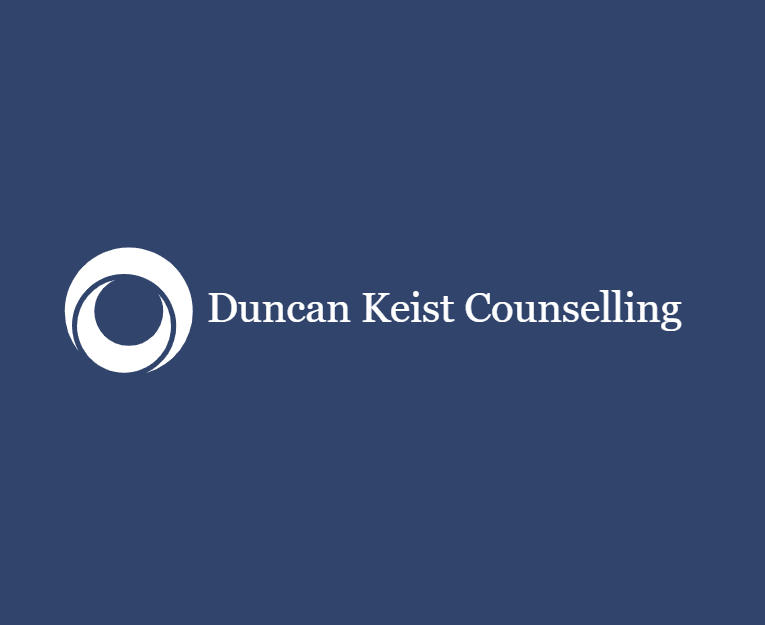Exploring Different Types of Counselling Approaches
When it comes to seeking help for personal issues, counseling can be a valuable resource. There are various types of counseling approaches, each with its unique focus and techniques. Understanding these different approaches can help individuals choose the right type of counseling that aligns with their needs and preferences.
1. Cognitive Behavioral Therapy (CBT)
Cognitive Behavioral Therapy, or CBT, is a widely used counseling approach that focuses on identifying and changing negative thought patterns and behaviors. CBT helps individuals develop coping strategies and problem-solving skills to overcome challenges. It is often used to treat anxiety, depression, and other mental health disorders.

2. Psychodynamic Therapy
Psychodynamic therapy explores how past experiences and unconscious thoughts influence current behaviors and emotions. This approach aims to uncover unresolved conflicts and promote self-awareness and insight. Psychodynamic therapy is often used for long-term treatment and can be helpful for individuals seeking to understand the root causes of their issues.

3. Person-Centered Therapy
Person-Centered Therapy, also known as Rogerian therapy, emphasizes the importance of the therapeutic relationship and the client's self-discovery and growth. This approach focuses on creating a safe and non-judgmental space for individuals to explore their feelings and experiences. Person-Centered Therapy is often used to enhance self-esteem, improve relationships, and promote personal development.

4. Gestalt Therapy
Gestalt therapy emphasizes the present moment and encourages individuals to take responsibility for their thoughts, feelings, and behaviors. This approach aims to increase self-awareness and promote personal growth through techniques such as role-playing, empty-chair exercises, and guided imagery. Gestalt therapy can be beneficial for individuals seeking to improve their self-esteem and develop healthier coping mechanisms.

5. Solution-Focused Brief Therapy (SFBT)
Solution-Focused Brief Therapy focuses on identifying and building on an individual's strengths and resources to find solutions to their problems. This approach is future-oriented and goal-focused, aiming to create positive change in a short period. SFBT can be particularly useful for individuals seeking practical strategies to overcome specific challenges or achieve specific goals.

6. Family Therapy
Family therapy involves working with the entire family unit to address and resolve conflicts and improve communication. This approach recognizes that individuals are deeply influenced by their family dynamics and relationships. Family therapy can be beneficial for families facing issues such as divorce, substance abuse, or mental health disorders.

7. Existential Therapy
Existential therapy focuses on exploring the meaning and purpose of life and the individual's responsibility for their own choices and actions. This approach encourages individuals to confront existential concerns, such as mortality and freedom, and develop their own values and beliefs. Existential therapy can be helpful for individuals seeking to find meaning and direction in their lives.

8. Art Therapy
Art therapy combines traditional counseling techniques with creative expression through various art forms. This approach allows individuals to explore their thoughts, emotions, and experiences through art, promoting self-discovery and healing. Art therapy can be beneficial for individuals who struggle to express themselves verbally or find it difficult to engage in traditional talk therapy.

These are just a few examples of the different counseling approaches available. It's important to remember that each individual is unique, and what works for one person may not work for another. If you're considering counseling, take the time to research different approaches and find a counselor who aligns with your needs and goals. Remember, seeking help is a brave and important step towards personal growth and well-being.
